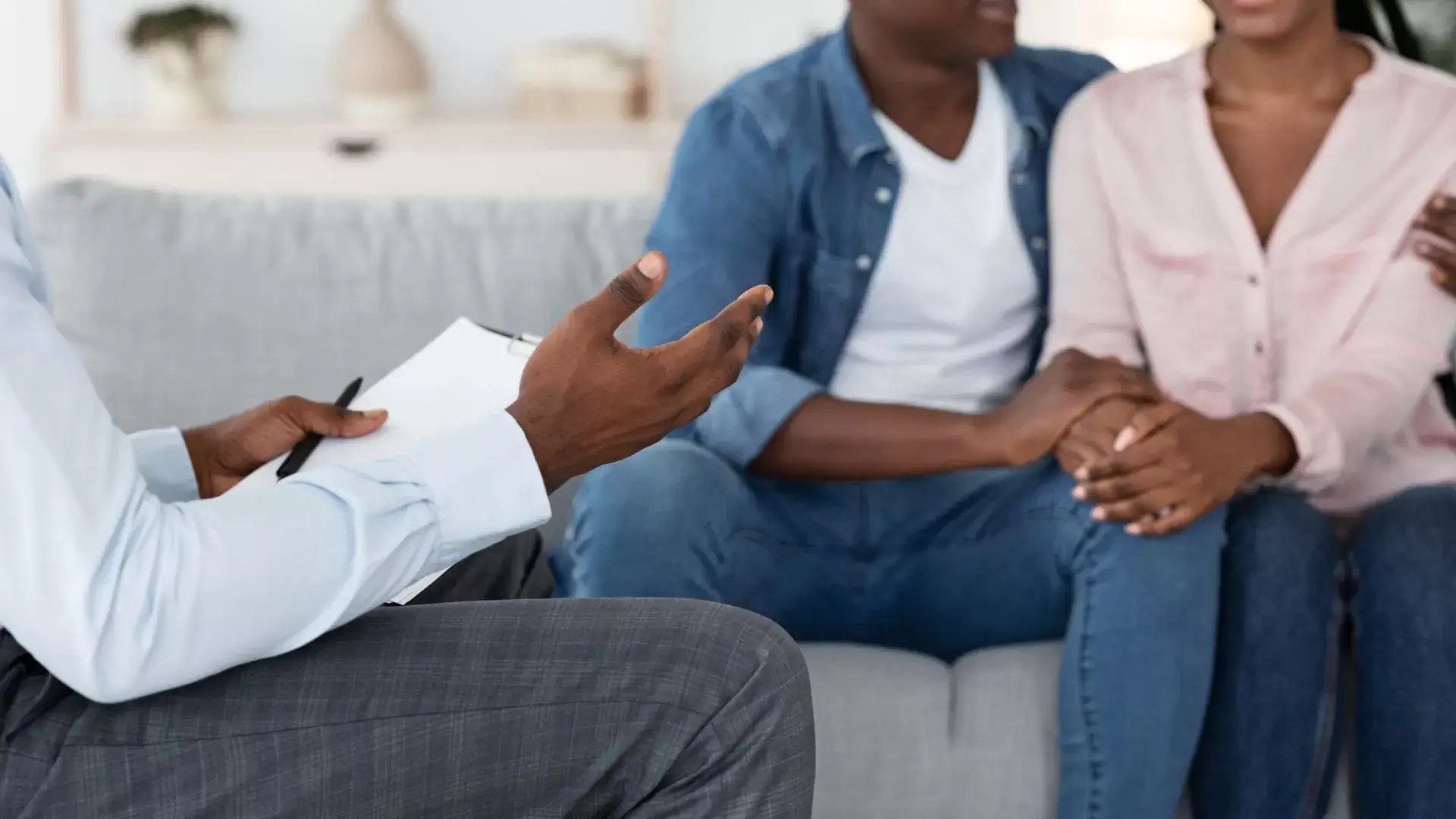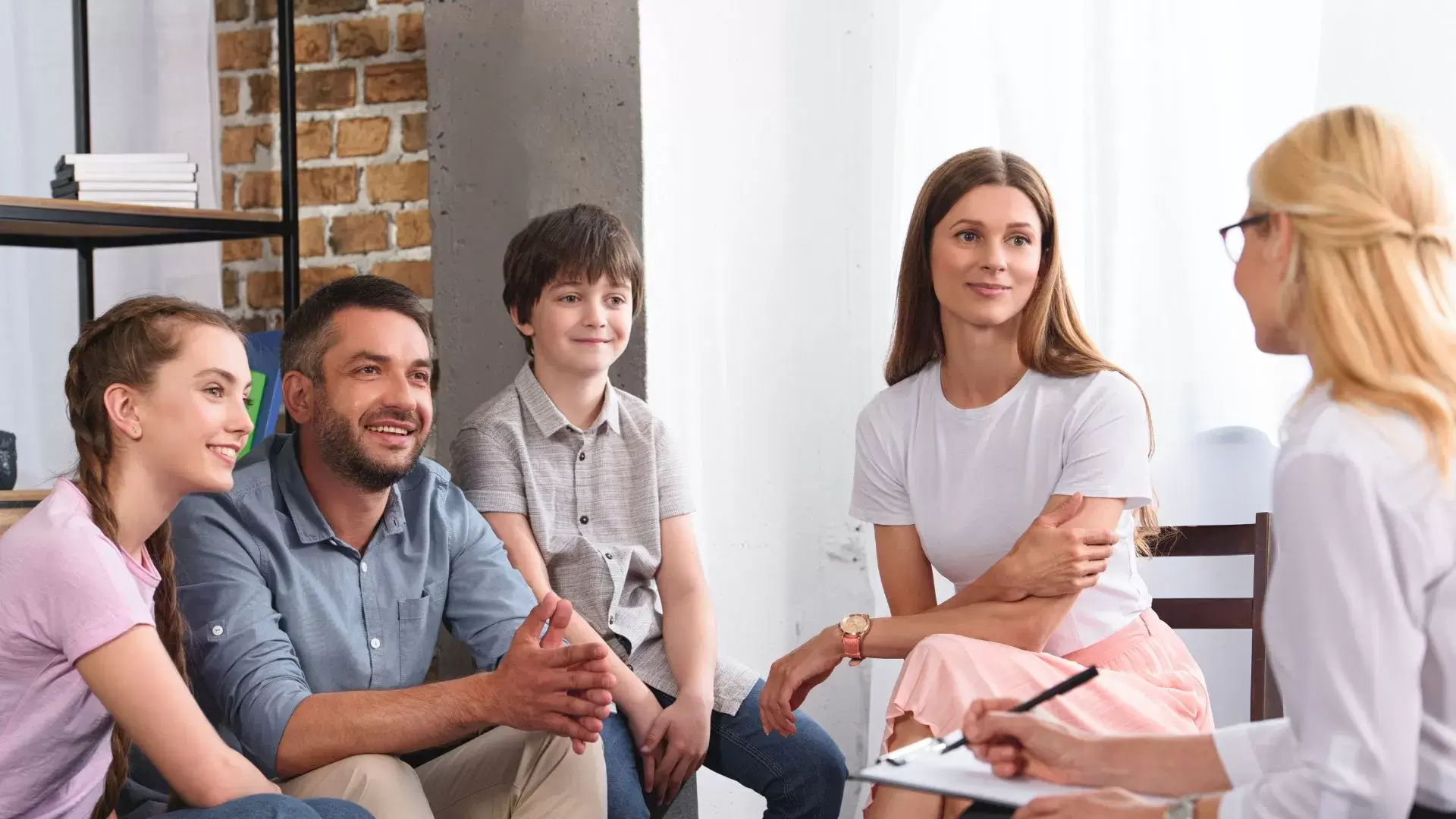Understanding Borderline Personality Disorder (BPD) is crucial for us as partners to foster healthy relationships. BPD often brings intense emotions and fears of abandonment, which can feel overwhelming at times. By educating ourselves, we can learn to recognize these emotional shifts as symptoms rather than personal failures. This perspective encourages open communication and patience, essential for maneuvering the ups and downs. Creating a safe space allows both partners to express feelings freely and maintain emotional bonds. With commitment and empathy, we can create a supportive atmosphere, ensuring our relationship flourishes despite its unique challenges. There’s so much more to explore together.
About Oakville Psychotherapist
At Oakville Psychotherapist, we comprehend the complexities of Borderline Personality Disorder (BPD) and are dedicated to providing compassionate support for partners steering this challenging journey. Our team understands the emotional rollercoaster that often accompanies BPD, and we aim to create a safe space where partners can find understanding and guidance.
Located at 243 North Service Rd W #106F, Oakville, ON L6M 3E5, we’re easily accessible to those seeking help. Our experienced therapists specialize in working with individuals affected by BPD, as well as their loved ones. We believe that education and open communication are key components to fostering healthy relationships.
We offer tailored sessions that focus on both the individual’s and the partner’s experiences, addressing concerns, fears, and feelings. Our goal is to empower partners with tools that promote empathy and resilience while navigating the emotional challenges of BPD. If you’re feeling overwhelmed, don’t hesitate to reach out. Call us at (647) 360-5880 to schedule an appointment and take the first step towards understanding and healing together. You’re not alone in this journey.
Navigating the Early Stages of a Relationship with Someone Who Has BPD
Steering through the early stages of a relationship with someone who has BPD can feel overwhelming, but understanding their unique emotional landscape helps us foster a deeper connection. We must recognize that individuals with BPD often experience intense emotions and fear of abandonment, which can lead to fluctuations in their feelings towards us.
Being patient is vital. When we notice sudden emotional shifts, we should remind ourselves that these reactions often stem from their struggles rather than our actions. Open communication is key; encouraging our partner to express their feelings can help create a safe space for both of us. We can also practice active listening, validating their emotions without necessarily trying to fix the situation.
Setting healthy boundaries is another important aspect. It’s essential that we protect our own emotional well-being while supporting our partner. By discussing our needs openly, we can find a balance that works for both of us.
Ultimately, approaching this relationship with empathy and compassion allows us to build trust and intimacy, making our connection stronger as we navigate this journey together.

Can Relationships with Someone Who Has BPD Last?
Relationships with someone who has BPD can absolutely last, but they often require understanding, commitment, and a willingness to navigate the emotional complexities together. It is understood that love and support are vital in such relationships, as the ups and downs can feel overwhelming at times.
It’s essential to recognize that individuals with BPD experience intense emotions, which can lead to fear of abandonment or difficulty regulating feelings. This doesn’t mean our love can’t endure; rather, it highlights the need for open communication and patience. When we truly listen and validate their feelings, we can help create a safe space where vulnerability flourishes.
While challenges may arise, they can also pave the way for deeper intimacy. Facing these obstacles together can strengthen our bond, allowing us to grow as partners. We must remember that each relationship is unique, and many couples have found lasting happiness despite the hurdles.

Practical Tips for Loving and Supporting Someone with BPD
Loving and supporting someone with BPD requires us to be patient and proactive in understanding their emotional landscape. First, we should educate ourselves about BPD to appreciate the challenges our partner faces. This knowledge helps us to respond with empathy rather than frustration.
Next, let’s practice active listening. When our loved one shares their feelings, we should validate their emotions, even if we don’t fully understand them. Simple phrases like “I see that you’re feeling this way” can go a long way in making them feel heard.
Setting clear boundaries is also essential. We need to communicate our limits compassionately, ensuring our partner knows we care while protecting our own well-being
.
Encouraging self-care is another important aspect. We can gently suggest activities that promote emotional regulation, like mindfulness or journaling.
Lastly, let’s celebrate small victories together. Recognizing progress, no matter how minor, fosters a sense of hope and connection. By incorporating these strategies into our relationship, we create a supportive environment that nurtures both our partner’s growth and our own emotional health. Together, we can navigate the complexities of BPD with love and understanding.

Seek Help from Our Registered Psychotherapists
Reaching out to registered psychotherapists in Oakville can provide invaluable support for both us and our partner as we navigate the complexities of BPD together. These professionals bring a wealth of knowledge and experience, helping us understand the nuances of the disorder and offering strategies tailored to our unique situation.
Engaging with a therapist can help us learn effective communication techniques and coping mechanisms. They guide us in fostering a healthy environment where our partner feels safe and understood. We might feel overwhelmed at times, and that’s entirely normal. A therapist can help us process our emotions, offering a safe space to express our fears and concerns without judgment.
Additionally, therapy can strengthen our relationship as we work collaboratively on understanding BPD. It’s important to remember that we’re not alone in this journey; support is available. By prioritizing therapy, we’re not just assisting our partner but also investing in our emotional well-being. Together, we can cultivate resilience and empathy, paving the way for a more fulfilling relationship. Seeking help isn’t a sign of weakness; it’s a courageous step toward healing and connection.



